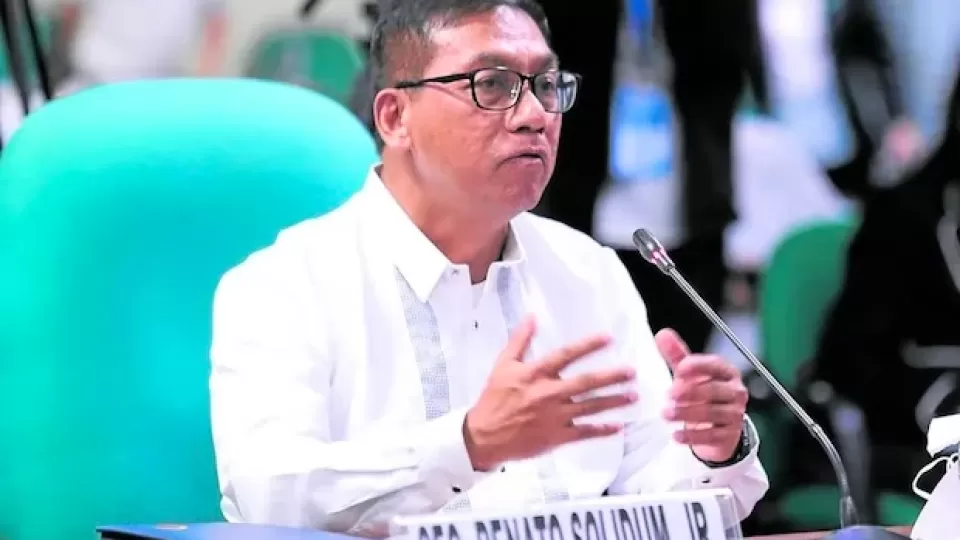April 25, 2023
MANILA — The Philippines now has additional eyes in space as it formally joined forces with the European Union (EU) for Asia’s first space cooperation program, in an ambitious bid to scale up efforts against climate risks and disasters and to position itself as a regional hub for space capabilities.
On Monday, the Department of Science and Technology, the Philippine Space Agency (PhilSA) and the European Space Agency (ESA) launched the P610-million Copernicus Capacity Support Program for the Philippines, which allows the Philippines to use data from the EU’s Copernicus “Sentinels” satellites.
The program—the first of its kind in Asia and Asia-Pacific — hopes to help the country’s officials make near real-time, informed decisions for early warning, rapid response, and climate adaptation decisions, said Science Secretary Renato Solidum.
EU Ambassador to the Philippines Luc Veron said the climate-vulnerable Philippines “was an obvious candidate” to be a pioneer for the program “and a starting point for a larger program on digital connectivity.”
Hopefully, the Philippines can showcase the program’s best features as it expands across the region, added EU director Peteris Ustubs.
The Philippines has made use of Copernicus data before during times of disaster, like the 2020 eruption of Taal Volcano, the 2021 Typhoon “Odette,” as well as the ongoing Mindoro oil spill, Solidum said.
Among others, the missions have helped map areas of high risk and vulnerability, as well as detect and monitor potential hazards like landslides and volcanic eruptions.
‘Leveraging space data’
However, the program will allow the Philippines to make full use of the earth observation data from the satellite missions.
This means that “whatever is available [in the EU] will be available here in the Philippines for use by communities,” said PhilSA Director General Joel Marciano. “We are leveraging space data for the long term and we are positioning the country to have the capacity to deal with not just near-term concerns, but long-term impacts [on] the environment.”
For example, it can use mission data to monitor rice and agricultural crops, as well as “creeping events” like deforestation, coastal erosion, and rising temperatures.
Apart from data sharing, the two space agencies will also collaborate on helping other agencies, businesses and organizations “make use of the data and understand what kind of information productions can be used and developed around it,” said ESA head of sustainable initiatives Benjamin Koetz.
Among others, he said, they hope to help city governments use space science data for maritime services as well as the protection and conservation of natural resources.


